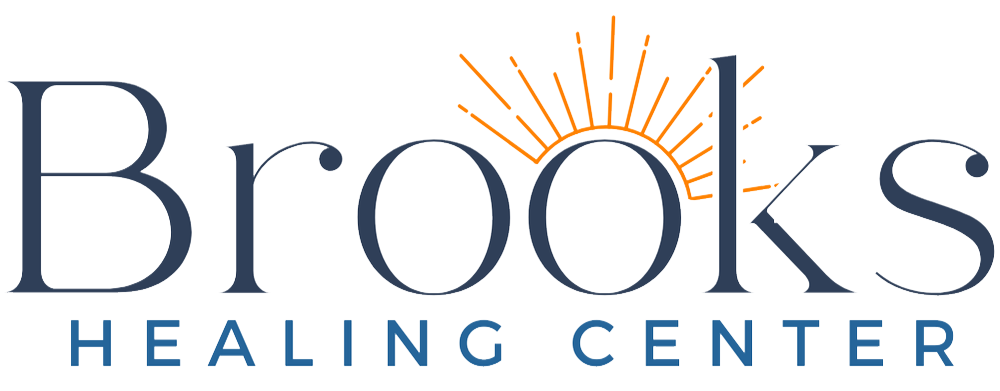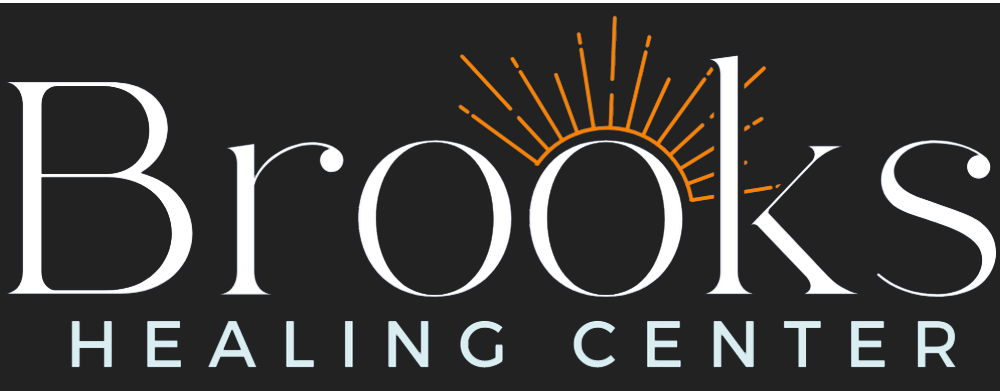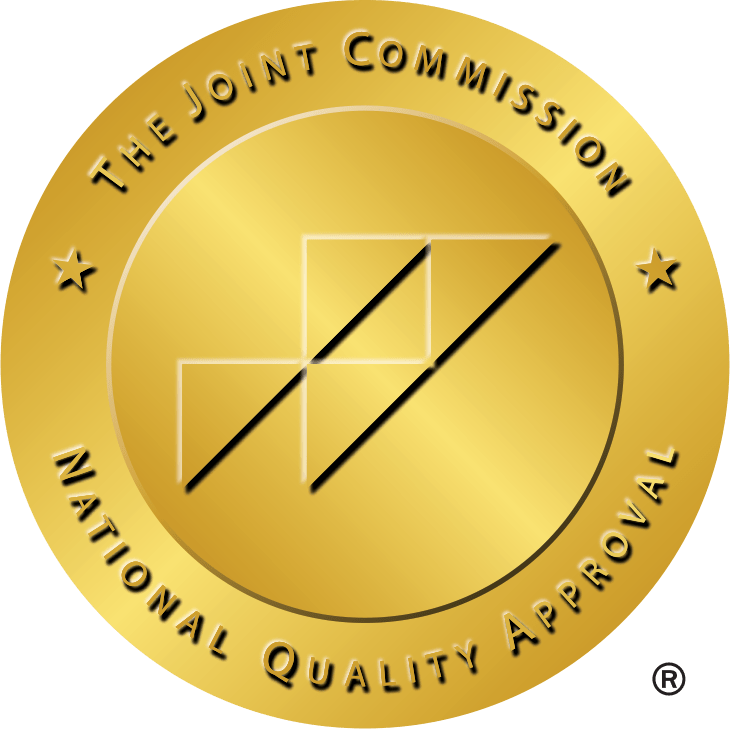At Brooks Healing Center, we understand the impact anxiety can have on your life and well-being (especially when combined with addiction). Whether it began as a response to stress or evolved from a more complex issue, anxiety can limit your ability to function and enjoy life fully. Our facility is dedicated to providing comprehensive and holistic care, addressing the root causes of anxiety with evidence-based treatments for the mind, body, and soul. We offer a sanctuary where you can find relief and reclaim your peace of mind, supported by a team of experts committed to guiding you toward a balanced and fulfilling life.
Table of Contents
Key Points
- Generalized Anxiety Disorder (GAD) is a chronic condition marked by excessive, uncontrollable worry about everyday issues, affecting approximately 6.8 million adults in the US.
- Drug addiction and anxiety are closely linked, with substance abuse often exacerbating anxiety symptoms and vice versa.
- Co-occurring disorders are common, with about 21.5 million adults in the US affected by both behavioral health issues and substance use disorders, highlighting the need for integrated treatment approaches.
- Dual diagnosis anxiety treatment in Tennessee includes different levels of care, such as detoxification and residential treatment, and therapy modalities such as Cognitive Behavioral Therapy (CBT), Experiential Therapy, support groups, Trauma-Informed Therapy, Brainspotting (BSP), group therapy sessions, individual therapy, and 12-Step Programs.
What Is General Anxiety Disorder?
Anxiety is a natural and common response to stress, and it can be a normal part of life when it helps us stay alert and focused.[1] For example, feeling anxious before a big presentation or during a challenging situation can be motivating and enhance performance. However, when anxiety becomes overwhelming and persistent, it can interfere with daily activities and overall well-being. When anxiety becomes disproportionate and persistent, it can transform from a manageable experience into a more serious problem. Generalized Anxiety Disorder (GAD) represents a more severe and chronic form of anxiety.[2] Unlike occasional stress or temporary worry, GAD is characterized by relentless, excessive worry about a range of everyday issues that is difficult to control. Individuals with GAD often find themselves preoccupied with thoughts of potential problems or dangers. This pervasive anxiety can manifest in physical symptoms such as muscle tension, sleep disturbances, and fatigue, which can severely impact one’s overall wellness and quality of life. GAD affects approximately 6.8 million adults in the US, representing about 3.1 percent of the nation’s population.[3] Despite its widespread impact, less than half of those affected are currently receiving treatment, leaving a significant number of people struggling without adequate support. In the past year, an estimated 2.7 percent of U.S. adults experienced GAD, with a higher prevalence among females (3.4 percent) compared to males (1.9 percent), highlighting the importance of awareness and access to effective treatment options.Drug Addiction and Interactions with Anxiety
The relationship between anxiety and addiction is influenced by a blend of biological, psychological, and social factors.[4] People with anxiety disorders may resort to drug or alcohol use as a means of self-medication – but this temporary respite often leads to a cycle of dependency and worsens overall mental health:[5]- Increased vulnerability: Substance abuse can heighten vulnerability to anxiety disorders by disrupting brain chemistry and affecting neural pathways involved in stress and emotional regulation. Chronic drug use can alter neurotransmitter function, such as serotonin and dopamine, which are crucial for mood stability.
- Withdrawal symptoms: Stopping drug use abruptly can trigger withdrawal symptoms that mimic or worsen anxiety. For instance, withdrawal from alcohol or benzodiazepines can cause symptoms like rapid heartbeat, sweating, tremors, and agitation, which can be mistaken for or amplify anxiety symptoms.
- Dual diagnosis: The coexistence of anxiety disorders and substance use disorders, known as dual diagnosis, is relatively common. People with anxiety are more likely to develop a substance use disorder and vice versa. This co-occurrence can complicate both diagnosis and treatment, requiring integrated and comprehensive approaches to address both conditions effectively.
How Common Are Co-Occurring Disorders?
Co-occurring disorders, where mental illness and substance use disorders are present simultaneously, are notably common. People with mental health conditions are at a higher risk of developing substance use disorders compared to those without mental health issues (such as depression). According to SAMHSA’s 2022 National Survey on Drug Use and Health, approximately 21.5 million adults in the United States are affected by co-occurring disorders across the country.[6] Among the most prevalent psychiatric issues, anxiety and substance use disorders frequently occur together. Lifetime prevalence rates for these conditions are significant, with anxiety disorders affecting about 28.8 percent of people and substance use disorders impacting approximately 14.6 percent.[7]What Are My Treatment Options in Tennessee for Anxiety and Addiction?
People grappling with dual diagnosis issues in Tennessee (and the surrounding areas) involving addiction anxiety disorders have several treatment options designed to address both conditions simultaneously – especially at Brooks Healing Center. Treatment typically starts with detoxification, a critical first step in managing substance use disorders. Detox provides medical supervision and support to safely manage withdrawal symptoms and prepare our clients for further treatment. Following detox, residential treatment offers a structured environment where you’ll receive comprehensive care for both anxiety and addiction. Residential programs provide intensive therapy and support, helping you develop coping skills and strategies to manage these conditions effectively. Treatment approaches for anxiety and substance use disorders include:- Cognitive Behavioral Therapy (CBT): CBT is a widely used therapeutic technique that helps people identify and alter negative thought patterns and behaviors contributing to anxiety and substance abuse.
- Experiential Therapy: This therapeutic approach uses activities such as art, music, and role-playing to help you explore and express emotions. Experiential therapy can be particularly effective in addressing the emotional and psychological aspects of both anxiety and addiction.
- Trauma-Informed Therapy: For those with a history of trauma, trauma-informed therapy provides a supportive framework that recognizes and addresses the impact of past trauma on current mental health and substance use issues.
- Brainspotting (BSP): Brainspotting is a therapeutic technique that helps people process and resolve trauma and emotional pain. By identifying and focusing on specific points in the visual field, BSP aims to access and heal unresolved issues related to anxiety and addiction.
- 12-Step Programs: These programs, such as Alcoholics Anonymous (AA) and Narcotics Anonymous (NA), offer a structured approach to recovery through community support and adherence to a set of guiding principles. They are often integrated into broader treatment plans for managing addiction and co-occurring anxiety.


